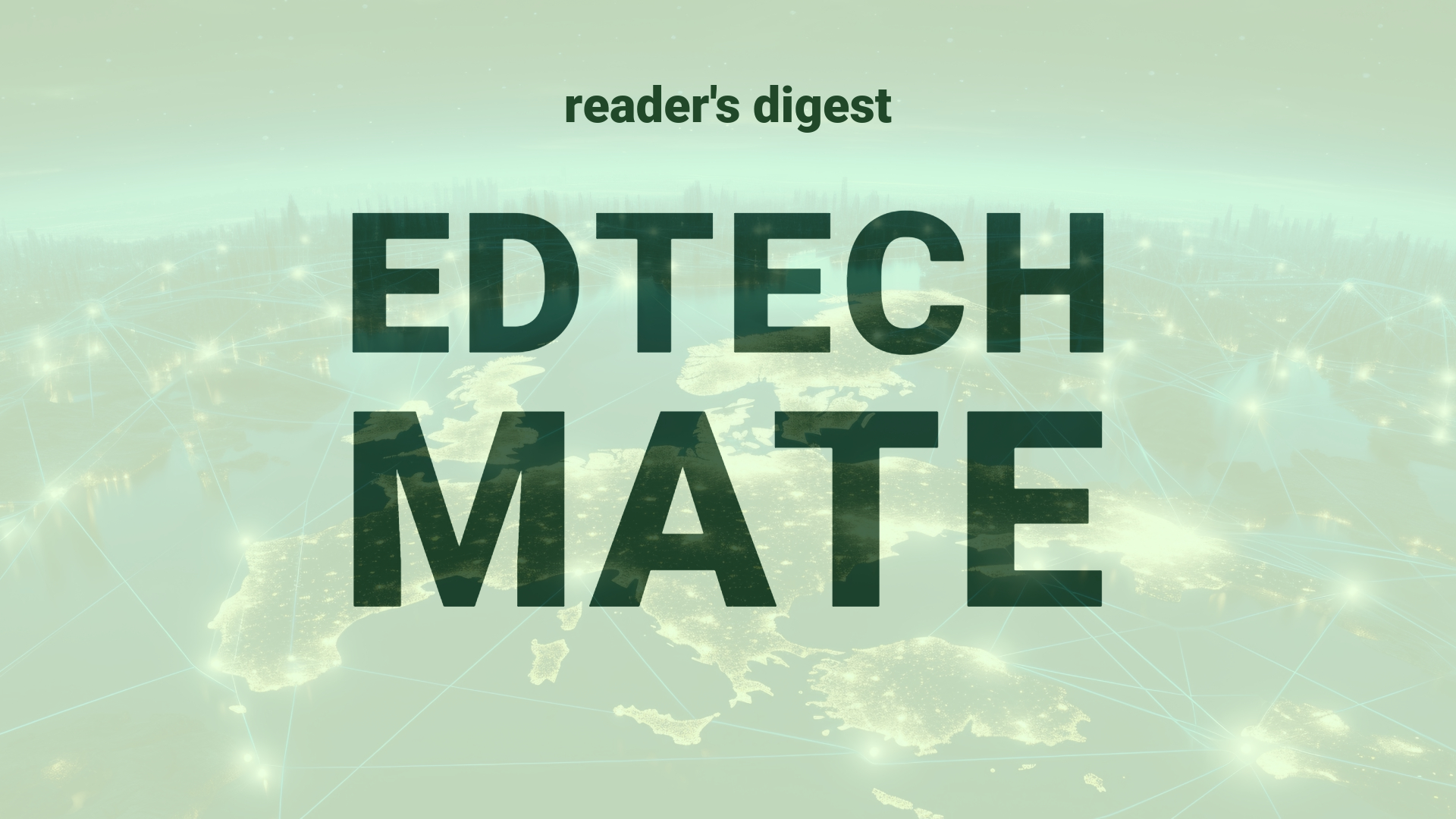Executive Summary and Main Points
In an innovative approach to sustainability, Soprema, a global leader in waterproofing and insulation products, embarked on a project to calculate and disclose the carbon footprint of each of its products. Led by Melotte, this initiative used stages outlined in the E-Liability Pilot Playbook, encompassing project design, data collection, analysis, and transformative actions, aiming to reduce the company’s greenhouse gas (GHG) emissions embedded in their products. This multifaceted project signifies a burgeoning trend within the international education and digital transformation sectors, where companies leverage data and digital tools to drive sustainability efforts.
Potential Impact in the Education Sector
The practices exemplified by Soprema’s project could have reverberations across further and higher education, as well as in the credentialing sphere by embedding sustainability metrics in course design and institutional operations. Educational institutions can establish strategic partnerships with technology providers to integrate carbon accounting systems, influencing curriculum development and operational strategies. This might also spur the growth of micro-credentialing in eco-sustainability fields, providing students and professionals with the tools to contribute to a greener supply chain and product lifecycle management.
Potential Applicability in the Education Sector
AI and digital tool utilization, as demonstrated by Soprema’s project, showcases potential applications within global education systems. These tools could be used to teach students about carbon footprint assessments through practical engagement with carbon accounting software. Moreover, educational institutions can mimic Soprema’s model for their supply chains, leading by example and creating an educational environment that prioritizes sustainability through measurable and actionable data.
Criticism and Potential Shortfalls
While Soprema’s project offers a pioneering model, its reliance on average emissions data due to suppliers’ unavailability of precise data poses accuracy challenges. Moreover, international case studies might reveal discrepancies in data availability and regulatory compliance, reflecting the varying stages of digital transformation globally. Furthermore, the direct applicability of such industrial models within the education sector could be limited due to the distinct operational structures and ethical implications of carbon offsetting practices.
Actionable Recommendations
For educational leadership seeking to implement similar technologies, it is recommended to foster relationships with technologically adept partners who can offer precise data and support a transition to low-carbon operations. Educators should consider integrating project-based learning modules focused on sustainability reporting, as well as developing micro-credentials in environmental product declarations and carbon accounting. Such actions can not only prepare students for a greener workforce but also align institutional practices with global sustainability goals.
Source article: https://hbr.org/2024/05/how-one-company-added-carbon-estimates-to-its-customer-invoices

